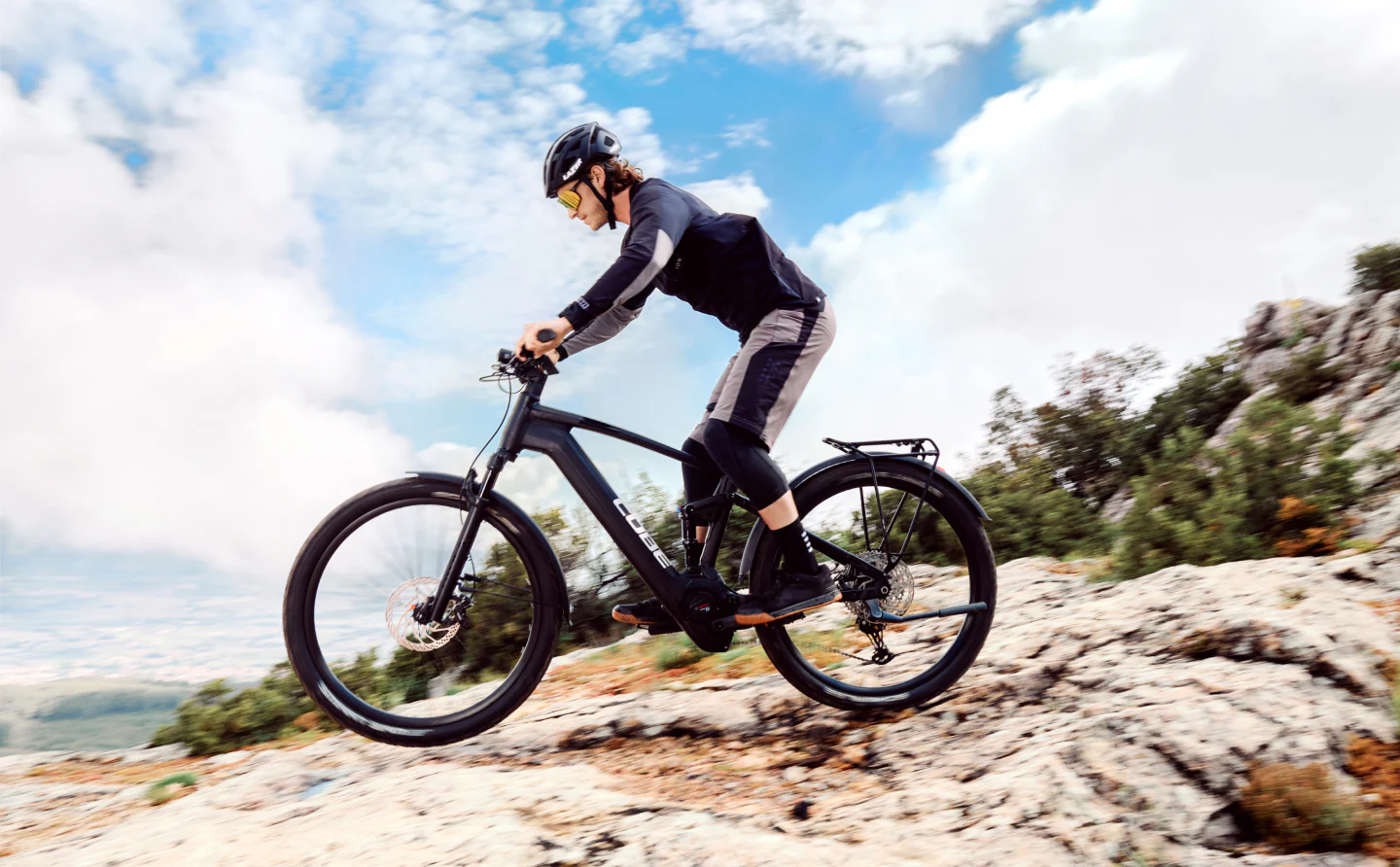The Mequon Nature Preserve in Wisconsin has a secret weapon to track down invasive species and assist in conservation efforts: Tilia the chocolate labrador.
Around 444 acres of the preserve is farmland that is being restored back to native wetlands, forests, and prairies, as Wisconsin Life explained in a short profile. Tilia is helping to make short work of the process.
"The best trained volunteers or staff in the world won't even be able to find what a canine can," as Cory Gritzmacher, director of operations at the preserve, shared in the piece.
"That's the pretty impressive part of it. And who doesn't want to go to work with a dog?"
On an average workday, Tilia dons her work vest and sets out to hunt invasive wild parsnips or detect the location of endangered species like salamanders, along with Gritzmacher, who trained her and uses treats and toys for motivation.
"Dogs, in general, already have up to 200 million olfactory sensors," he said. "We have about 5 million. So they're already set up and designed for scent detection; it's really just finding a dog that's motivated, that wants to do it on a regular basis, and is excited to do it."
Watch now: What's the point of leaf blowing anyway?
Invasive plant and animal species can take hold in areas and starve or crowd out natural residents. This can have a negative impact on ecosystems by depriving local flora and fauna of essential nutrients and can also cause damage to infrastructure, such as waterways.
Studies have shown that the estimated damage caused by invasive species has cost the U.S. around $120 billion annually, impacting agriculture and recreational industries and raising management costs for control and eradication efforts.
This is where Tilia and other canine helpers can make a difference. Organizations like Working Dogs for Conservation are helping to train more of these animals to assist in the cause. Their extraordinary sense of smell can bolster biosecurity, ecological monitoring, and other conservation efforts.
 Should we be actively working to kill invasive species?
Should we be actively working to kill invasive species?
 Absolutely
Absolutely 
 It depends on the species
It depends on the species 
 I don't know
I don't know 
 No — leave nature alone
No — leave nature alone 
 Click your choice to see results and speak your mind
Click your choice to see results and speak your mind
"Canines are going to start to play a huge role in the conservation field just because of their amazing detection skills, especially when resources are limited, staff is limited, and you have to search potentially thousands of acres or miles of shoreline or whatever," as Gritzmacher explained in the article.
TCD Picks » Upway Spotlight

You can do your part to protect natural ecosystems, starting with your own backyard. By supporting native plants and "rewilding" your own space, you'll be supporting pollinators, which are essential to food production, and save money on water, fertilizers, and pesticides.
Join our free newsletter for good news and useful tips, and don't miss this cool list of easy ways to help yourself while helping the planet.














